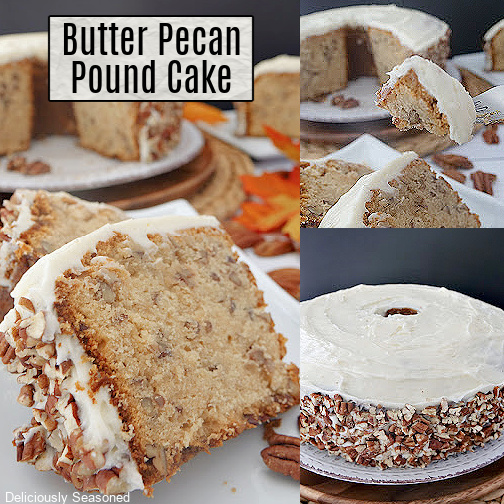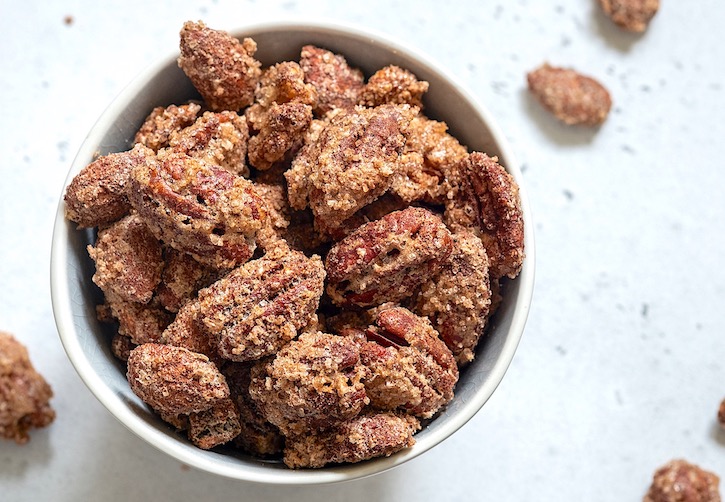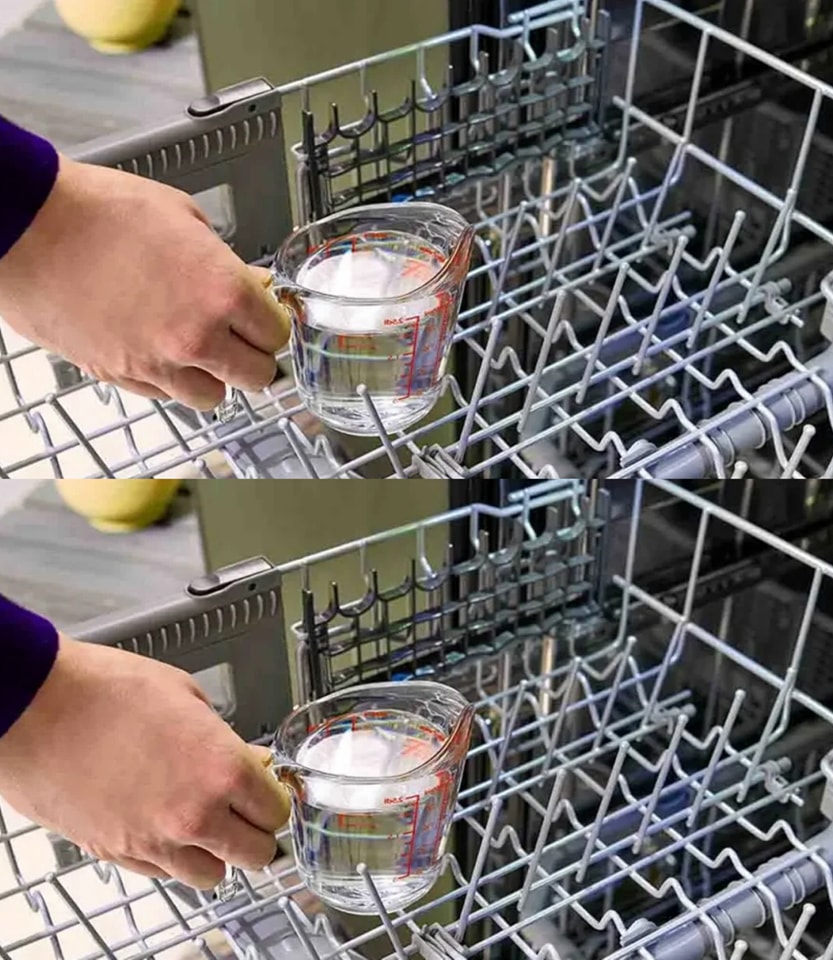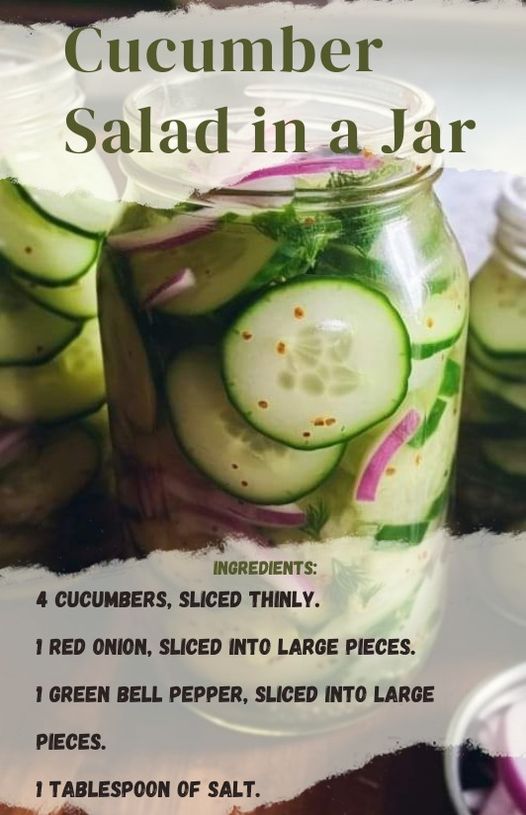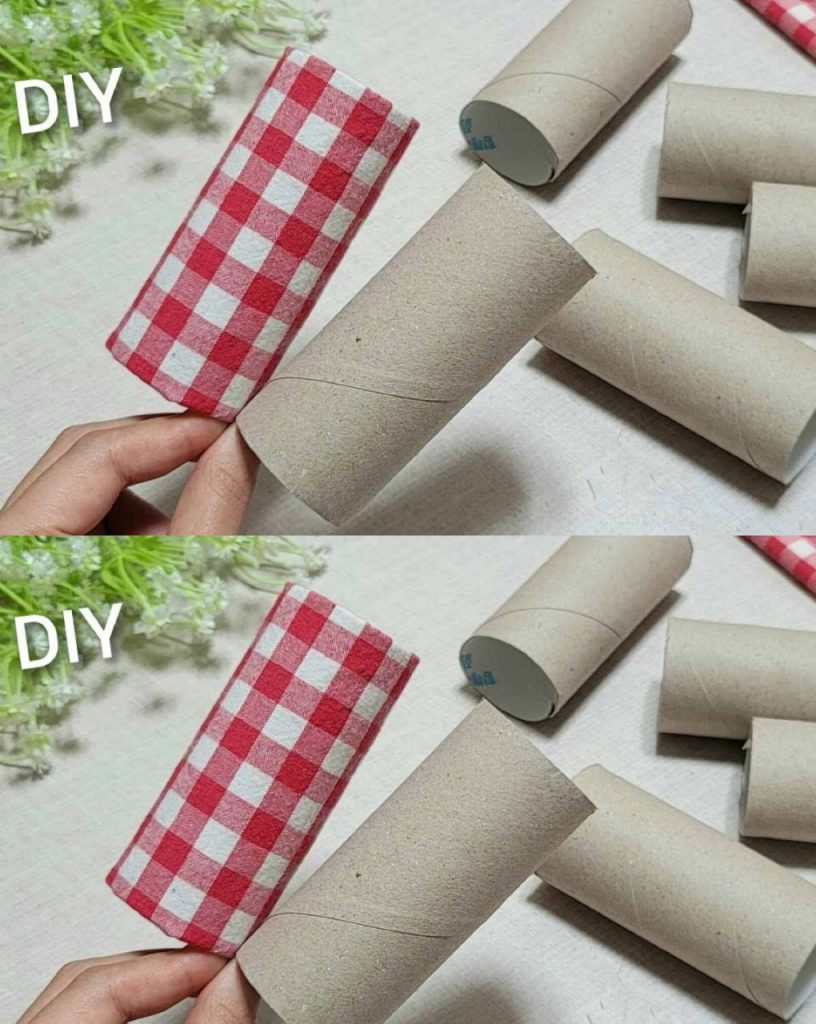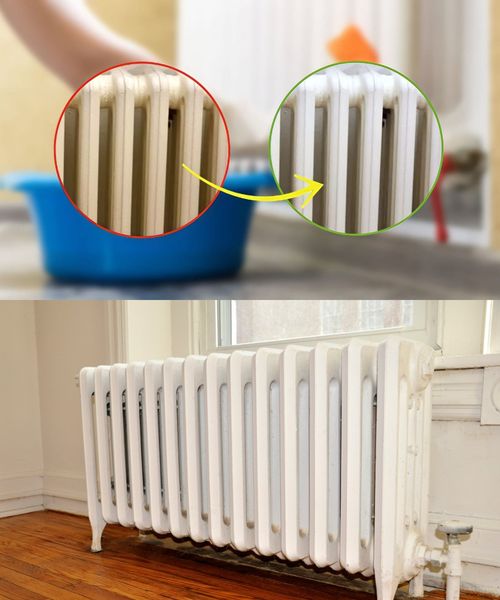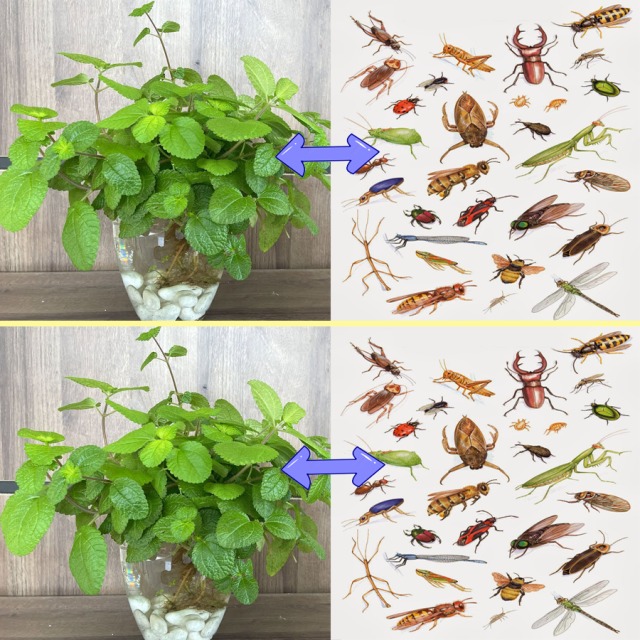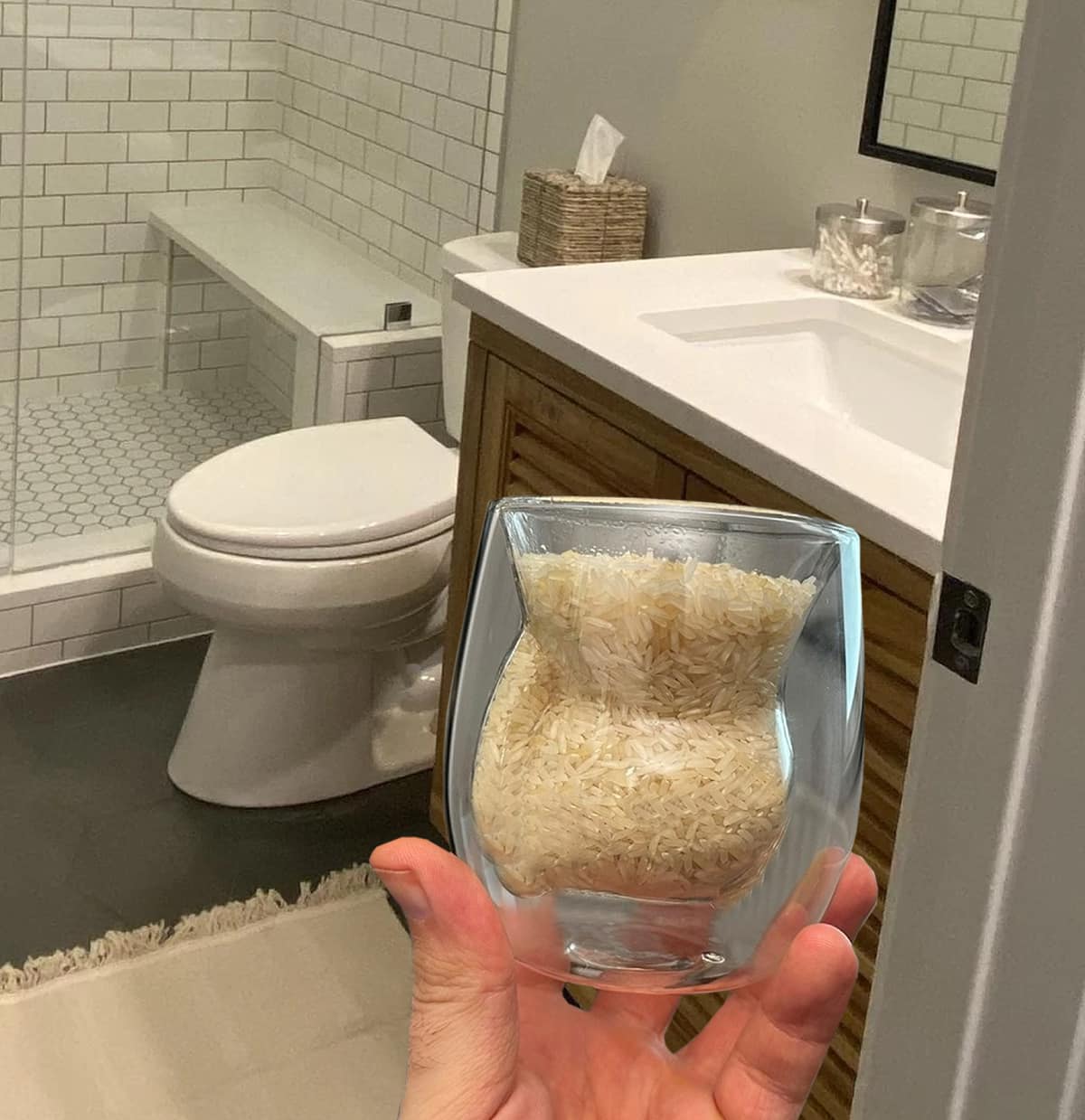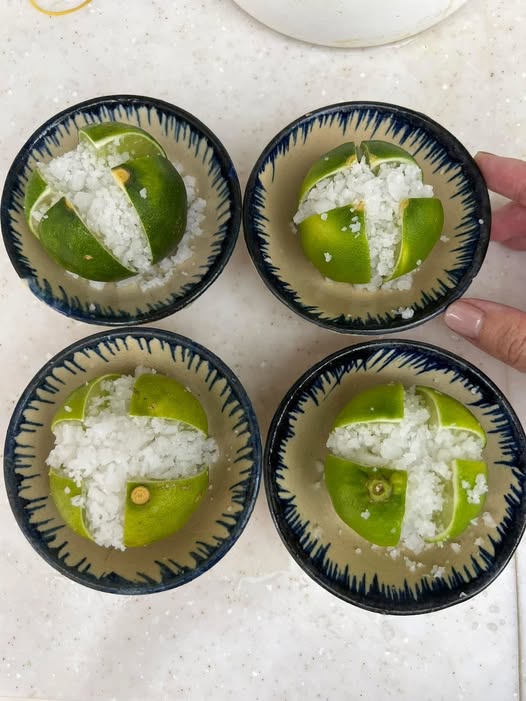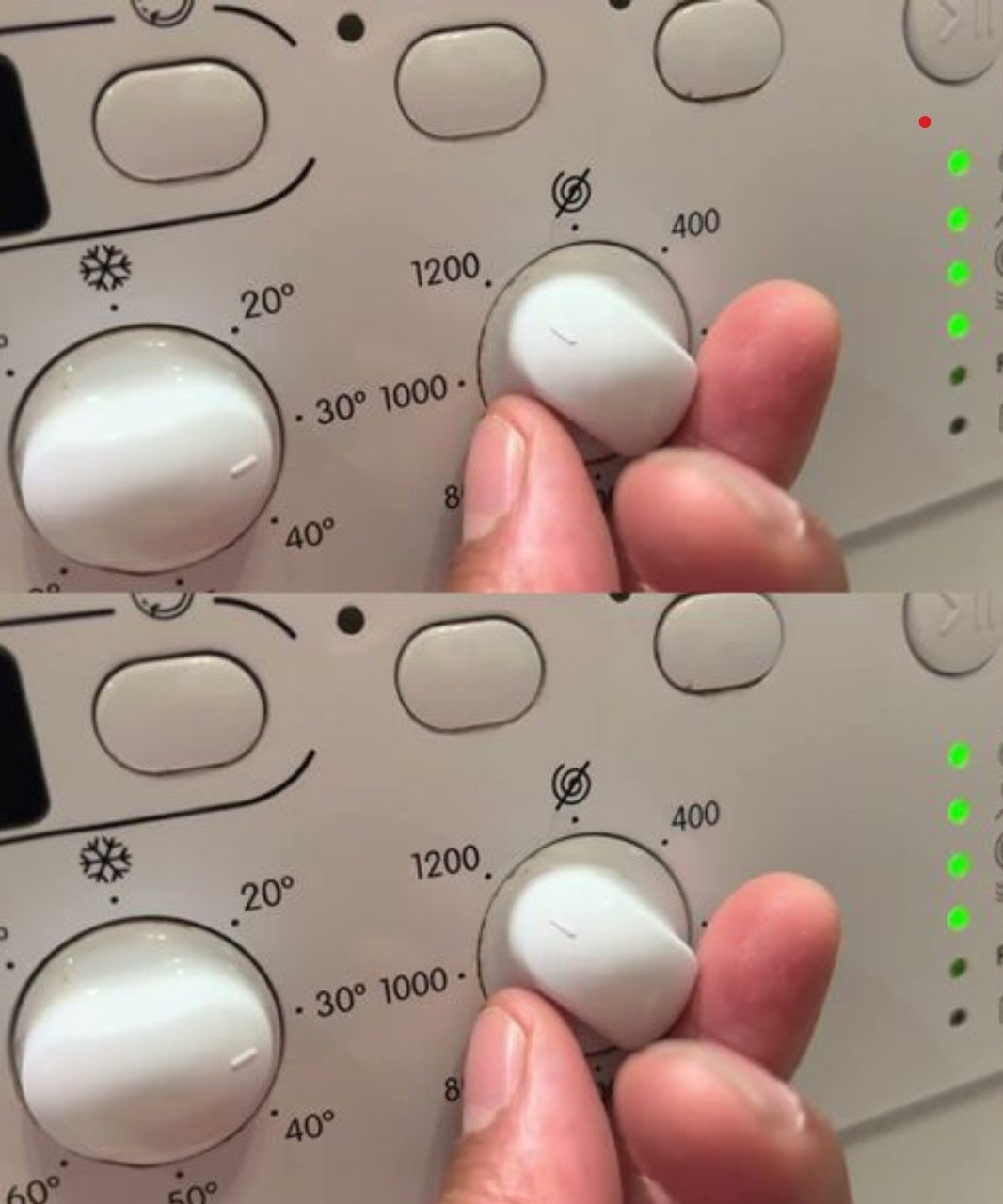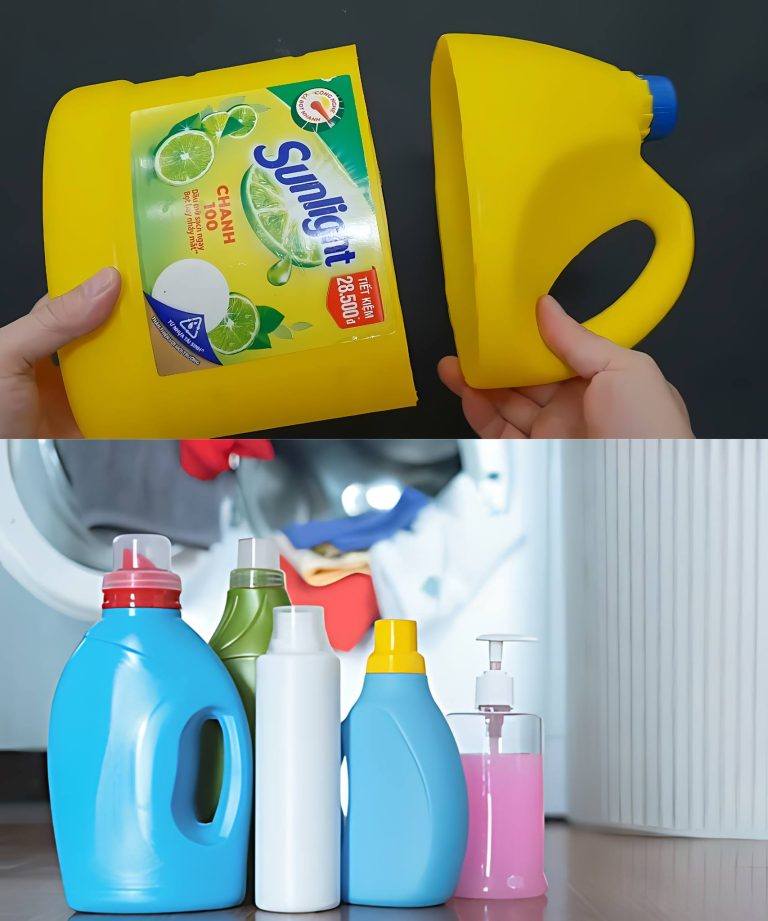During the night, the body naturally releases sweat, even if you don’t realize it. On average, one person loses between 500 and 700 ml of sweating per night. This moisture is impregnated in the tissues and leaves yellow marks over time.
-
Body oils
The skin continuously produces natural oils which are deposited on the bedding. Unlike sweating, these oils are more greasy and more difficult to remove. Over time, they enter the pillow and contribute to its yellowing.
-
Saliva
If you tend to drool while sleeping, it may also speed up the discoloration of your pillow. Saliva contains enzymes that, by accumulating, change the colour of the tissue.
-
Care products and make-up
Moisturizing creams, serums and other care products applied before bedtime may also stain your pillow. Even after washing the face, residues may remain on the skin and transfer onto the tissue at night.
How can you prevent your pillows from yellowing?
Pork Tenderloin with Boursin: A Creamy and Delicious Recipe
OLD SCHOOL BUTTER PECAN POUND CAKE
Best Southern Fried Chicken Recipe
Homemade Cinnamon Sugar Pecans
At 93 Years Old, Clint Eastwood FINALLY Confesses She Was The Love Of his Life
5 tips for cleaner, brighter dishes in the dishwasher
Crisp Cucumber and Tomato Salad
Strawberry Shortcake Cheesecake Dessert Sushi Rolls: A Sweet Twist on a Classic!
Taps full of limescale, this ingredient is more powerful than bicarbonate: like new

